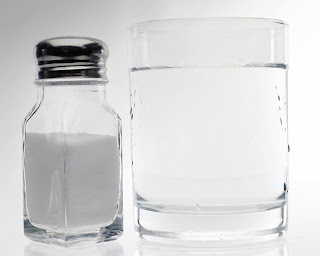
After having a tooth extracted by the dentist in Vienna, it takes time for your mouth to heal. You have just undergone a procedure that will benefit you in the long run, and you are looking forward to your once-again healthy smile. During the healing process, though, it is important to take certain precautions to avoid a condition called alveolar osteitis, or dry socket.
When you have a tooth extracted by the dentist Vienna, a blood clot forms over the socket in order to keep the bone and nerves protected. Sometimes, though, this blood clot can become dislodged prematurely. If the mouth has not healed sufficiently at the time of the dislodging, the bone and nerves are exposed to air, liquids, and food, and dry socket occurs. It is an uncomfortable experience that can last for about five or six days.
While dry socket is definitely something to keep on your radar, it is an uncommon occurrence in most patients. Dry socket is most likely to develop within the first week or two after you have had a tooth extracted, and only about 2% to 5% of patients develop this condition. Still, the Vienna dentist recommends the following precautions in order to prevent this from happening to you.
First, you should avoid intense exercise for at least 24 hours after the extraction. It is important to rest up and avoid excessive movement while your mouth begins to heal. Your dentist Vienna VA also recommends that you avoid drinking through a straw for at least a week after receiving an extraction. The suction from the straw could cause the blood clot to dislodge. Additionally, you should avoid spitting in order to reduce the risk of dry socket. After the initial 24 hour period, you should begin gently rinsing with warm salt water about four times a day in order to remove any food particles in the area.
Although some patients have a greater risk of developing dry socket than others, all patients can avoid this condition by closely following after-care instructions from the dentist in Vienna VA.

